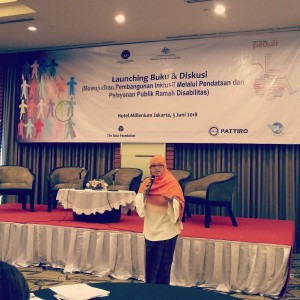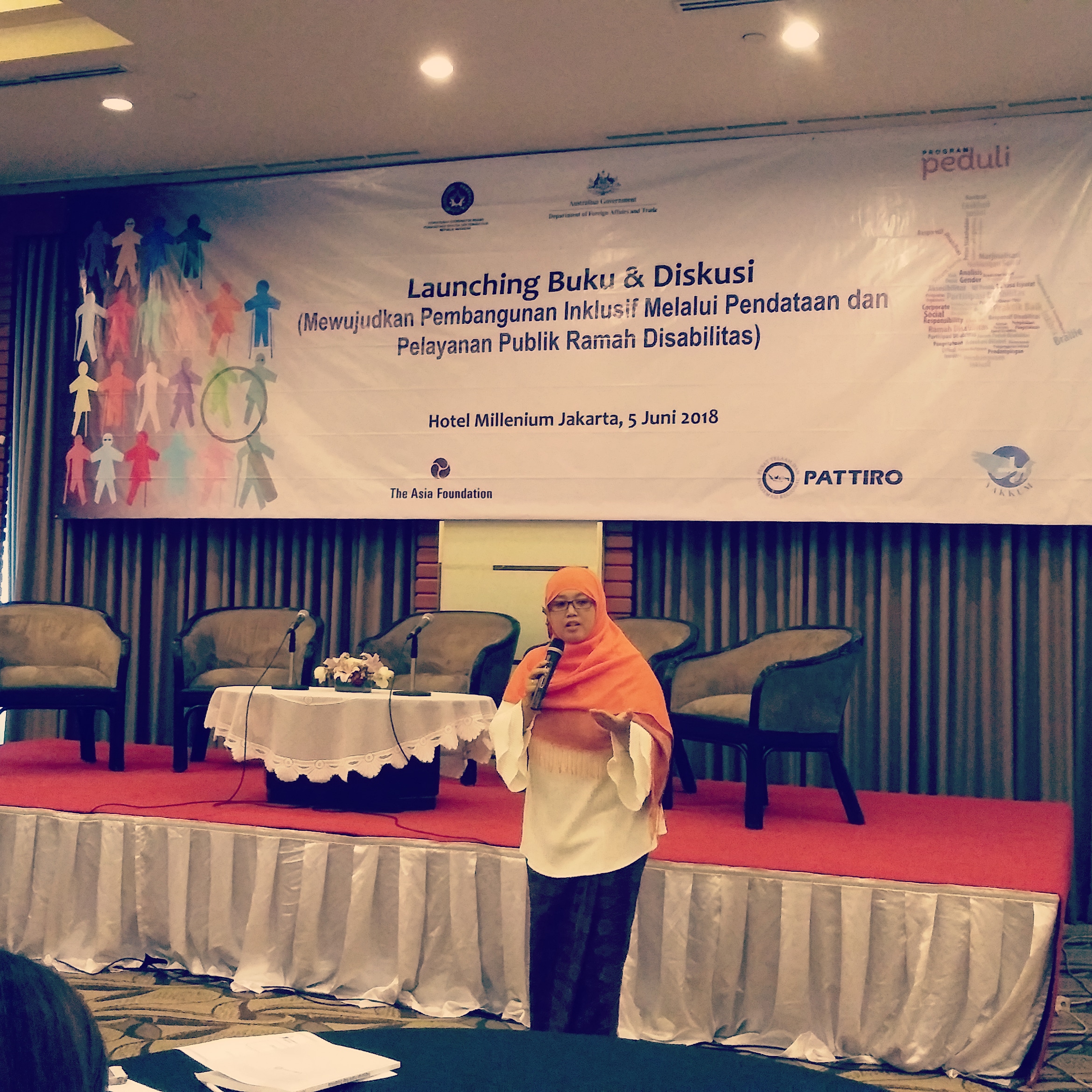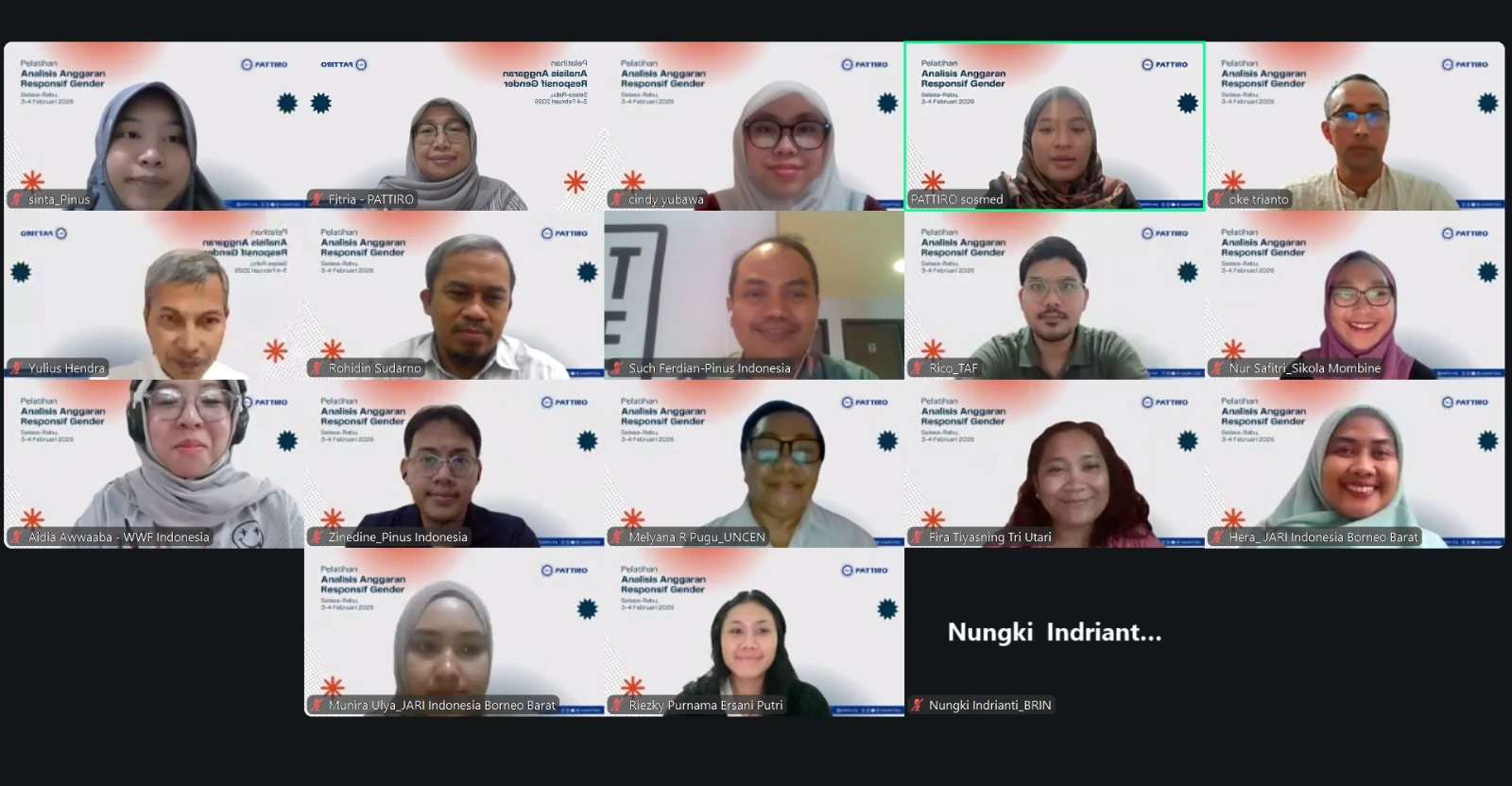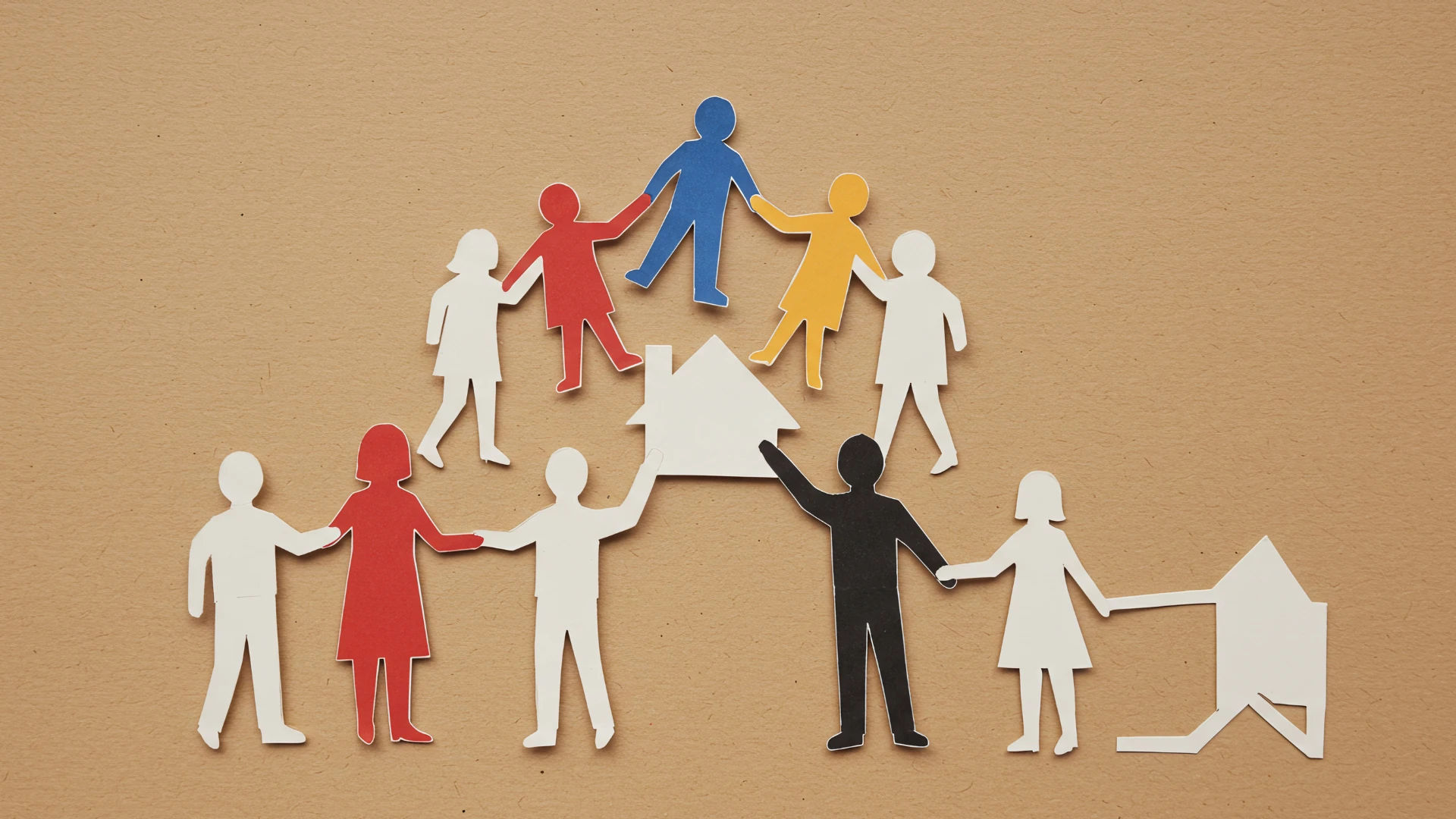 Jakarta, July 2018.
Jakarta, July 2018.
Development with an inclusive approach is development that ensures that all marginalized and excluded groups of society are involved in it, including people with disabilities. In order to support inclusive development, PATTIRO launched two study books on disabilities, namely studies on disability data collection and innovation study and good practices for disability-friendly public services. The event was held on June 5, 2018 at the Millennium Hotel, Central Jakarta.
Maya Rostanty, Director of PATTIRO said the results of this good practice study could provide inspiration for civil society and local governments and contribute to achieving the SDGs. “It is hoped that the results of this study can provide inspiration to both civil society and other regional governments, that there is evidence that regional governments can fulfill the rights of people with disabilities, and there is evidence of how people with disabilities can contribute to regional development. In my opinion, this is increasingly relevant in relation to the issue of sustainable development goals”. said Maya Rostanty.
Confirming what was conveyed by Maya Rostanty, Rannie Hapsari from the YAKKUM Rehabilitation Center, added that the study of good practices that had been carried out by PATTIRO was a very strategic moment, because after the passing of the Disability Law, all parties were ensuring how the implementation of this law could have an impact in the community. local level. “We consider this a very important and strategic moment. The results of this study can show us all what civil society in six districts/cities has done to encourage improvements in disability-friendly public services. The results of this study also provide evidence of the strategic role of civil society in supporting government work at both regional and national levels. “Apart from that, the issuance of the Disability Law is not only limited to being a legal framework, but also aims for direct achievements felt by people with disabilities,” said Rannie.
The government, represented by Bappenas, Kemenpan RB and Ministry of Social Affairs, responded positively to the launching activities of these two study books. Dr. Vivi Yulaswati, MSc, Director of Poverty Alleviation and Social Welfare at Bappenas, appreciated the studies produced by PATTIRO in the two books that were launched. According to Vivi Yulaswati, this book which was launched can be a lever that the issue of disability in the RPJMN for the next 5 years must actually be written down. “We need to equalize frequency and closer collaboration for more strategic matters. Currently Bappenas is preparing a background study RPJMN for the next five years. “The results of this study can be leverage that the issue of disability in the RPJMN for the next five years must be actually written down,” said Vivi.
Meanwhile, Sri Hartini, Head of the Public Service Policy Preparation Division of the Ministry of Administrative and Bureaucratic Reform, highlighted innovations in disability-friendly public services that have been carried out by civil society and local governments in the five districts/cities that are part of the Peduli Program intervention. According to Sri, innovations in disability-friendly public services and disability data collection that have been carried out have become regional government programs. Here it is very important that the sustainability of these innovations is the commitment of the regional government. This innovation can be entered into the SINOVIK competition. “This innovation can be included in the SINOVIK competition, later we will participate in the replication forum, so that the innovation can be transmitted to other regions which of course have the same problems. “Furthermore, it is hoped that this innovation will not stop at the national level, we will also register it at the UN in the United Nation Public Service Awards,” said Sri Hartini, Head of the Public Service Policy Preparation Division of the Ministry of Administrative and Bureaucratic Reform.





